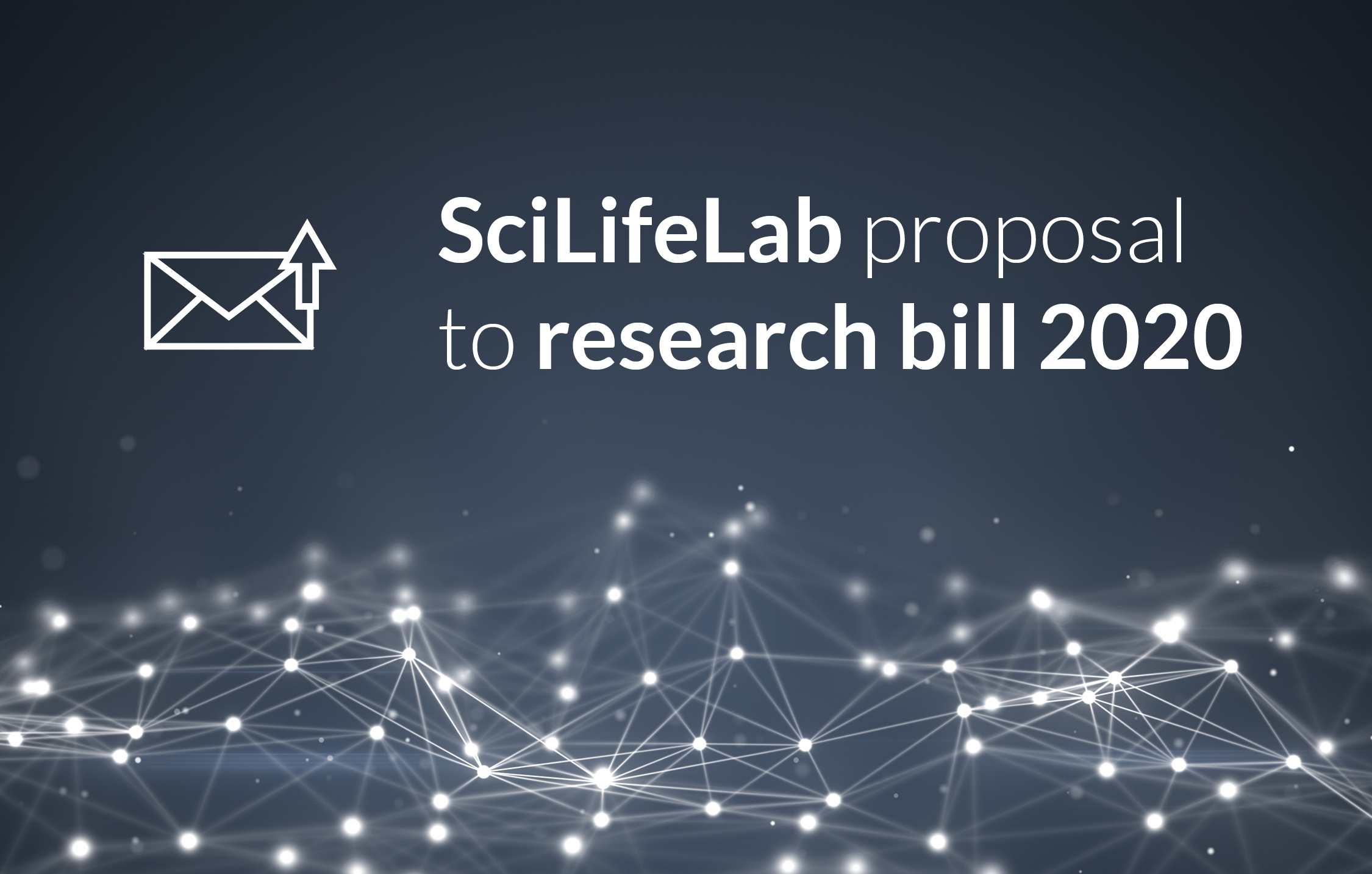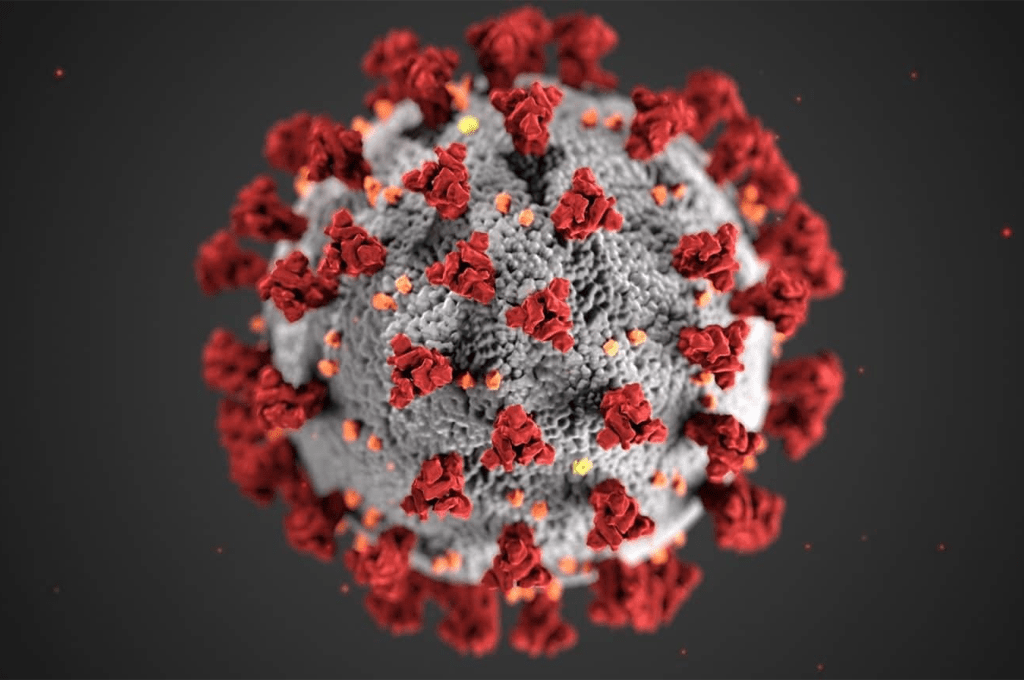SciLifeLab proposal to research bill: frontline research infrastructure is critical to make Swedish life science world-leading
Sweden has significant potential to fulfill the government’s ambitions of becoming a leading life science nation. However, in light of global competition and massive life science investments being made abroad, it is critical that Swedish researchers have access to the latest infrastructure needed to perform cutting-edge research. The ambitions of the national life science strategy and the long-term national research infrastructure agenda need to be aligned; with investments to both considerably increased.
Life science is in the midst of a digital and technological revolution. Technologies such as single cell sequencing, advanced proteomics, genome engineering, Cryo-EM, super-resolution microscopy and artificial intelligence are bringing the entire field of life science into a new era. These new scientific tools produce massive amounts of data which, if better utilized, could help to address societal challenges in e.g. precision medicine and environmental monitoring.
To strengthen Sweden’s position as a life science nation, researchers all over the country need access to the latest technologies, expertise and data. It is too resource-demanding for every university to establish and maintain these capabilities by themselves. A key mission within SciLifeLab is to develop and maintain critical research infrastructure and make it available to researchers within academia, healthcare and industry across Sweden.
“The concept of SciLifeLab is more timely today than ever. We are working hard to develop and provide the best infrastructure for Swedish researchers and leverage it for high impact science, multi-disciplinary collaborations, recruitment of talent, training and new innovations, which all in turn help to keep the infrastructure up to date. We want to make SciLifeLab an integral part of the life science ecosystem in Sweden. However, in order to meet expanding needs and expectations, the budget needs to be increased”, says Olli Kallioniemi (Karolinska Institutet), Director of SciLifeLab.
SciLifeLab’s proposals for the research bill 2020 can be summarized as follows:
- Increase the government’s commitment and long-term funding for national research infrastructures.
- Increase the investment in SciLifeLab’s national infrastructure platforms, with a total of 320 MSEK over 2021-2024 in order to:
– Strengthen funding to advanced technologies within SciLifeLab, increase availability of SciLifeLab to academia, industry and healthcare, and increase connectivity with MAX-IV and ESS.
– Develop a national framework for the large amounts of data generated at national life science infrastructures, in collaboration with VR and URFI.
– Increase investments to the Drug Discovery and Development Platform at SciLifeLab. - Extend the Strategic Research Funding (SFO) for molecular biosciences and link it to SciLifeLab infrastructure.
- Strengthen future national strategic research programs by utilizing SciLifeLab’s infrastructure within data-driven cell biology, data-driven precision medicine and data-driven environmental research (such as biodiversity, evolution, climate change and impact of environment on human health).





